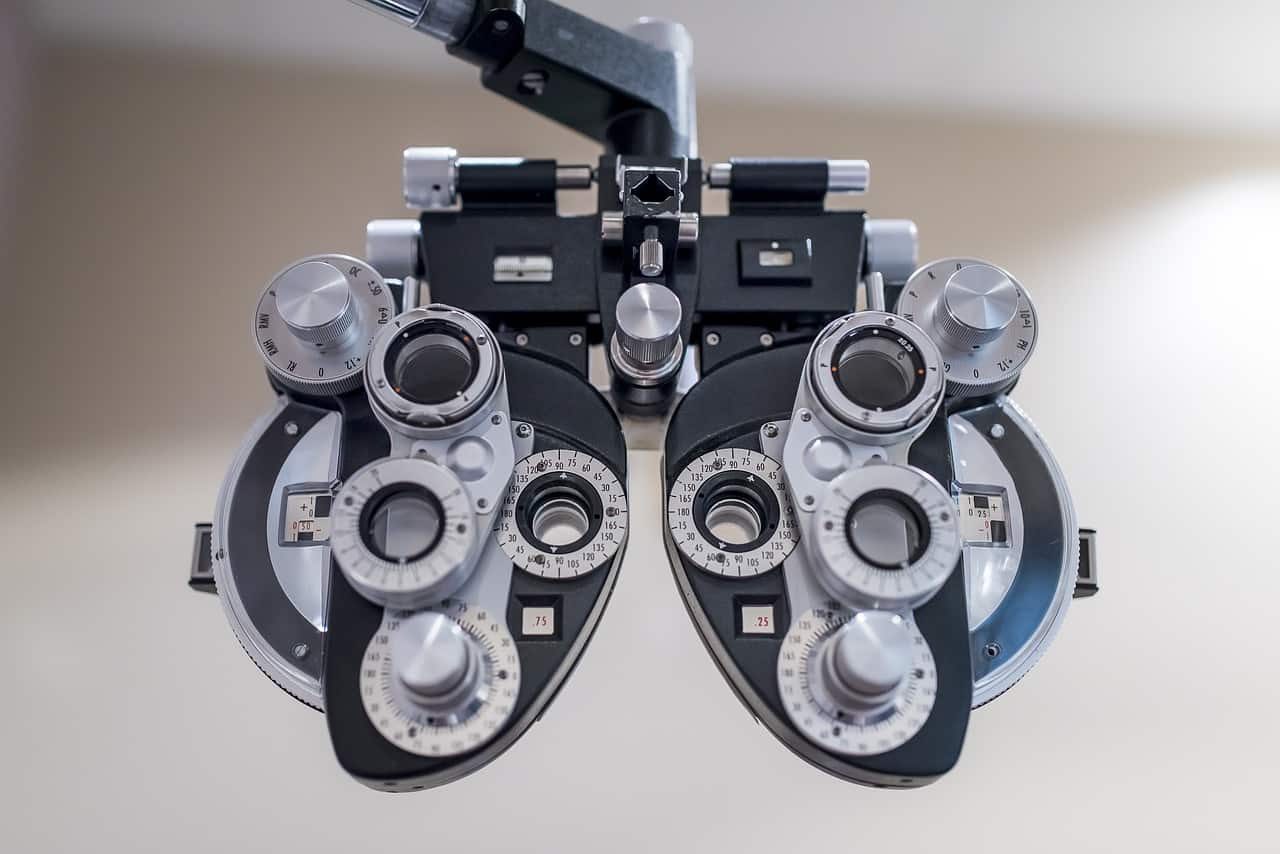When you think about your overall health and quality of life, you probably include seeing a doctor for routine checkups. Have you given any thought, however, to the importance of seeing your ophthalmologist for regular eye exams? Eye exams are crucial to senior health because they can detect more than just a need for glasses. In fact, if you’re not checking in with your eye doctor, you could be missing out on these health and wellness benefits.
Many Medicare Advantage Plans May Cover Eye Exams
One of the first things that come to mind when you think about eye exams and treatment is cost. That’s because Medicare Part B offers minimal vision care coverage, which is why many seniors opt to enroll in a Medicare Advantage plan that offers additional coverage. Without Medicare Advantage, you may get some help with preventative or diagnostic exams, like those that test for glaucoma, but you will need to pay out of pocket for eyeglasses and other exams.
Regular Exams Can Detect Signs of Glaucoma and Cancer
If you have a family history of glaucoma, eye exams are even more important. With regular eye exams, glaucoma can be detected early and eye drops or other treatments can be implemented to prevent this condition from becoming worse with aging. While it’s far less common, eye exams can also be a helpful tool in diagnosing cancers of the eye. Often, eye doctors will see a dark spot in a patient’s eye, which can lead to more tests for potential melanomas of the eye.
Strokes Can Impact Vision and Eye Health for Seniors
You may be aware of the signs and complications of a stroke, but did you know that seniors can be at risk for eye strokes as well? Oftentimes, these small strokes in the eye are a sign that a more dangerous stroke is on the horizon. With regular eye exams, your doctor can recognize the signs of retinal infarction so you can seek treatment and prevent a major stroke from occurring.
Seniors with Vision Problems Have a Greater Risk of Falling
There is no doubt that falls are dangerous for seniors. Seniors who fall are more likely to sustain serious injuries that will make daily life worse and lead to a decline in overall quality of life quality. While aging-in-place home modifications can reduce that risk, routine eye exams to detect vision problems are a key part of senior fall prevention as well.
Untreated Eye Issues Can Result in More Chronic Pain for Seniors
Do you suffer from unexplained headaches on a regular basis? Well, vision problems may be to blame. Seniors, as well as other adults and children, with unresolved vision issues, often complain of frequent headaches. Using your Medicare Advantage plan to get your eyes checked and pick up the visual aids you need can treat those headaches and improve your quality of life.
Seniors with Diabetes or Diabetes Risks Need Additional Eye Exams
One benefit that Medicare Part B does offer for seniors is coverage for diabetic retinopathy exams. These exams are highly important for those with diabetes or who are at high risk for developing this chronic condition. With routine exams, diabetic seniors have a greater chance of preserving their eyesight and preserving their ability to live independently.
Eye Exams Preserve Senior Vision by Detecting Cataracts Early Too
If you haven’t noticed by now, routine eye exams are an essential preventative health measure for all older adults. With most conditions that impact vision quality, such as cataracts, early detection is the key to successful treatment. You can use special glasses, such as bifocals, to relieve sight issues early on and even undergo cataract surgery to restore some visual acuity.
As you can see, regular eye exams can do so much more than simply help seniors see more clearly. By scheduling regular eye exams, you can take a small step toward diagnosing and preventing serious diseases. More importantly, you can take a major step in maintaining your sense of health, wellness, and independence.
Photo Credit: Pixabay

